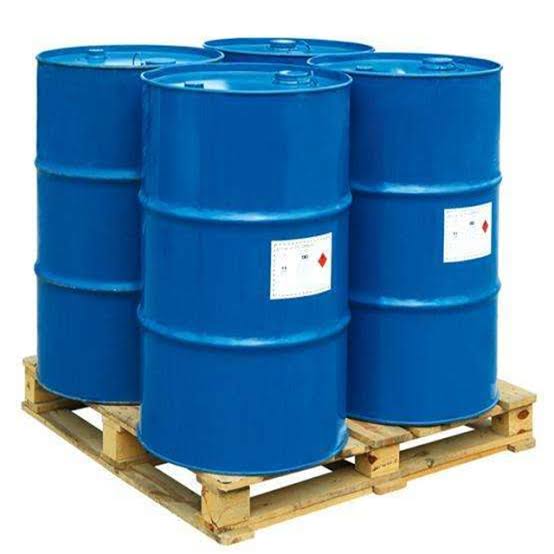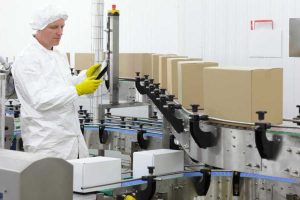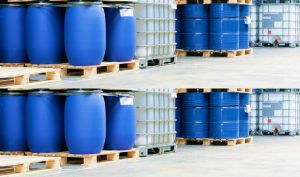Beakers are an essential tool in many industries, including chemistry, biology, and pharmaceuticals. Proper storage of beakers is crucial to ensure their longevity and prevent contamination of samples. In this article, we will discuss the best practices and tips for storing beakers.
- Clean and Dry Beakers Before Storage
Before storing beakers, it is essential to clean them thoroughly to remove any residue or contaminants. Use a mild detergent and warm water to clean the beakers, and rinse them thoroughly with distilled water. After cleaning, dry the beakers completely using a clean, lint-free cloth. Moisture can cause corrosion and promote the growth of bacteria, so it is crucial to ensure that the beakers are completely dry before storage.
- Store Beakers in a Dry and Cool Place
Beakers should be stored in a dry and cool place to prevent moisture and heat damage. Avoid storing beakers in direct sunlight or near sources of heat, such as radiators or ovens. A dry and cool cabinet or shelf is an ideal storage location for beakers.
- Use Protective Covers
Protective covers can help prevent contamination of samples and protect the beakers from damage. Use covers made of materials such as plastic or silicone to cover the beakers before storage. The covers should fit snugly over the beakers to prevent dust and other contaminants from entering.
- Label and Organize Beakers
Labeling and organizing beakers can help prevent mix-ups and ensure that the correct beaker is used for each experiment. Use labels that are resistant to water and chemicals to mark the beakers with their contents, date of preparation, and any other relevant information. Organize the beakers by size, shape, and type to make them easy to find and access.
- Regularly Inspect Beakers
Regularly inspect the beakers for any signs of damage or wear. Cracks, chips, or scratches can compromise the integrity of the beakers and lead to contamination of samples. Replace any damaged beakers immediately to prevent any potential hazards.
In conclusion, proper storage of beakers is crucial to ensure their longevity and prevent contamination of samples. Clean and dry the beakers before storage, store them in a dry and cool place, use protective covers, label and organize them, and regularly inspect them for any signs of damage. By following these best practices and tips, you can ensure that your beakers remain in good condition and provide accurate results for your experiments.




+ There are no comments
Add yours